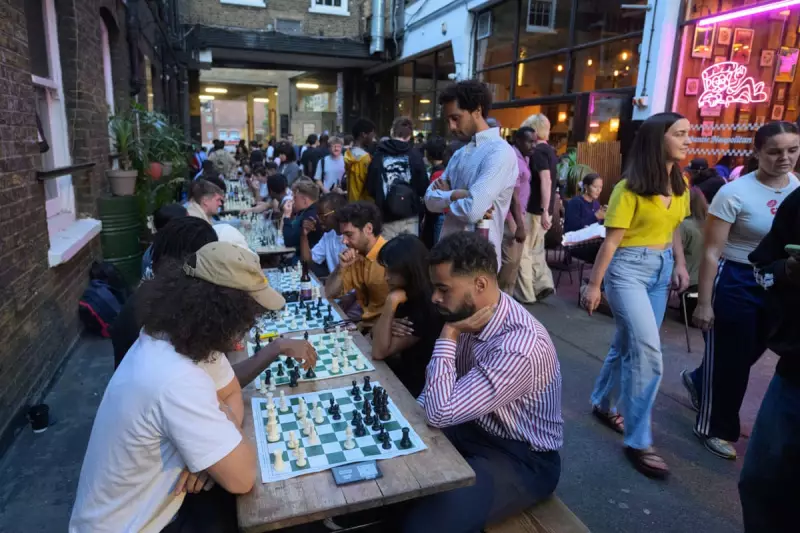
Across two of Britain's largest cities, a quiet revolution is taking place that's swapping smartphone screens for chessboards. Youth chess clubs in London and Birmingham are experiencing an unprecedented surge in popularity, creating vibrant communities where young minds are developing strategic thinking and social connections.
The New Face of Urban Chess
Forget any outdated stereotypes of chess as a solitary pursuit for older generations. Today's youth chess scene pulses with energy and diversity. In community centres, libraries, and dedicated chess venues across both cities, you'll find classrooms filled with enthusiastic young players from all backgrounds, completely engrossed in the ancient game.
What's driving this remarkable resurgence? Club organisers point to several key factors:
- The 'Queen's Gambit' effect continues to inspire new generations of players
- Post-pandemic social reconnection through meaningful activities
- Growing parental recognition of chess's cognitive benefits
- Accessible, youth-focused environments that prioritise fun over formality
More Than Just a Game
The benefits extending beyond the chessboard are proving to be transformative. Teachers and parents report noticeable improvements in participants' concentration, problem-solving abilities, and academic performance. Perhaps most importantly, these clubs are fostering crucial social development.
'Many children arrive feeling shy or uncertain,' explains one London club organiser. 'Within weeks, we see them making friends, learning to win and lose gracefully, and developing confidence that transfers to every aspect of their lives.'
Building Communities, One Move at a Time
In Birmingham, the chess revival is particularly strong in areas that previously had limited access to such activities. Community-driven initiatives have made the game accessible to children from all socioeconomic backgrounds, with many clubs offering subsidised memberships and free introductory sessions.
The atmosphere in these spaces is deliberately inclusive and supportive. Experienced players mentor newcomers, while regular tournaments and casual play sessions ensure there's something for every skill level. The result is a thriving ecosystem where young chess enthusiasts can grow together.
The Future Looks Strategic
As participation continues to climb, organisers in both cities are expanding their offerings with weekend workshops, holiday camps, and inter-club competitions. The movement shows no signs of slowing, proving that in our digital age, the timeless appeal of chess remains more relevant than ever.
For parents seeking engaging, screen-free activities that deliver genuine developmental benefits, the message is clear: the checkmate to boredom has been found, and it's happening on chessboards across Britain's urban centres.





